The signature of our time is the betrayal of the small by the powerful. Bureau thugs with mammoth government backing surveil Catholic families; protestors fester in prison for years without a trial; bishops are stripped from their flock without canonical justification. And the man who should most have our backs, the man who has charge over God’s little ones, instead undermines the Faith and honors our antagonists in the Vatican. It’s no wonder we feel the need of a strongman.
George Pell was such a one, a colossus literally and figuratively. At 6 feet, 4 inches, Pell was commanding in physical stature alone, and his intellect and courage only magnified his eminence.
The hard loss of Cardinal Pell on January 10, one year ago, came only days after Pope Benedict’s death. It felt as if God was systematically removing the very people we hoped might be able to rescue the Church from her troublous situation.
But rather than put our hopes in a mighty champion like Pell, it seems God wants us to realize our own strength as baptized Christians. It is time for confirmed soldiers of Christ to muster. We can be Pell-ish ourselves, attending closely to the cardinal’s words at the end of his long life serving his beloved Church.
Fortunately, he left a late-life opus. There are the three volumes of his Prison Journal, the “Demos” memorandum, and a new book, Pell Contra Mundum, with essays by and about Cardinal Pell. It contains the cardinal’s last public homily and the famous “Toxic Nightmare” critique of the Synod on Synodality, published just hours after Pell died.
Most people will forever remember George Pell as the cardinal who went to prison. Though he was fully exonerated of the false charges after a year’s imprisonment, the stain will not soon wash out. But if that’s all a person knows about Pell, they’ve missed the show. He had a lion’s heart, a titanic presence, and the love of Hosea for the Church.
Pell was a steady man, comfortable in his rather roomy skin. A man of great gifts, he was nevertheless ordinary, in the best sense of the word, thinking neither too highly nor too meanly of himself. He knew who he was as an apostle of Jesus Christ, and he knew it so deeply as to be unflappable in His defense. Rather than get emotional with an interlocutor, he was as likely to make a droll remark.
And he was always prepared to give an answer. He didn’t shy away from the topics that are likely to wind you up in a scalding mess of hot water. He refused Communion to homosexual activists wearing their rainbow uniforms, discredited man-made climate change propositions, and spoke out publicly against the Piss Christ exhibit when it toured Melbourne. (In contrast, the creator of that piece, in which a crucifix is immersed in urine, was welcomed to the Vatican in 2023.)
Ask yourself how many other people in the Church have taken on the homosexual lobby, the climate change tricksters, and the art world. As Fr. Robert Sirico writes, “The pastoral personalities of many priests and bishops seem preconditioned to avoid things that clash, cause debate or conflict.” Pell was the dramatic exception.
Though he wasn’t always successful (the Piss Christ was still exhibited, at least until two young men attacked and damaged it), his voice was heard. Would we have paid such close attention to the knavery of the Synod without the early warning klaxon of Pell’s “Toxic Nightmare”? Fr. Sirico even dubs Pell the “absent Father of the Synod” in that regard.
To really “get” Cardinal Pell, read the three-volume Prison Journal from Ignatius Press. It is rare (never) that we get such intimate ingress into the life of a prelate. Pell disciplined himself to write three pages every day during the thirteen months he was incarcerated. To fill the quota, he covered history, theology, and all the lofty topics you would expect, but he also wrote about the state of his replaced knee, the consolation or dryness of his prayer life, Aussie rules football and “the cricket,” and how much weight he lost. It’s a full picture of the man, suffering indignity with grace.
Then there is the intriguing story of the “Demos” memorandum, written anonymously and published on Sandro Magister’s website in March 2022. Signed with the pseudonym “Demos,” Greek for “ordinary people,” the memorandum may have gotten even more readership without the author’s identification, because who can resist a mystery?
When originally published, Magister appended this note:
Since the beginning of Lent [2022] the cardinals who will elect the future pope have been passing this memorandum around. Its author, who goes by the name of Demos, “people” in Greek, is unknown, but shows himself a thorough master of the subject. It cannot be ruled out that he himself is a cardinal.
The most plausible explanation for this unattributed critique of the Francis papacy is that it distills the discussion between several cardinals, with Pell aggregating the various points into one text. Then it would make sense that it was signed “Demos,” as Pell was never one to hide his viewpoints. The use of a pseudonym indicates that, though he assented to the points made, he was not the sole author of them.
The memo bespeaks respect for the rule of law, detailed knowledge of Vatican finances, and familiarity with the College of Cardinals. It is a very pointed enumeration of the problems within this pontificate, and it suggests criteria for the selection of a new pope who can address the catastrophe. It is essential reading for anyone who loves the Church—and especially for those prepared to fight for her. You can read it here.
The day after Pell died, Sandro Magister revealed that Pell had personally delivered the memo to him in 2022.
Because the “Demos” memo discloses many of the same facts about Vatican finances as Pell’s Prison Journal, it seems to have his fingerprint. Pell was the rare Churchman with a good grasp of finances. He had what we call “horse sense” and had been tutored in financial accountability as chairman of Caritas Australia in the late 1980s and 1990s, confirming that funds were used in accordance with Catholic principles. He learned how to “follow the money” and make it work for good.
And so, when Pell was appointed Prefect for the Secretariat of the Economy in 2014, there was great promise for financial reform. He could be a bulldog when necessary, and Vatican finances needed it. He backed the first-ever independent audit of the Vatican Bank (scandalous that it had not been done long before) by PricewaterhouseCoopers, which was later cancelled by the Secretariat of State. The deputy Secretary of State, Angelo Becciu, recently convicted for embezzlement, oversaw the mysterious transfer of several million dollars from the Vatican to Australia at the time of Pell’s arraignment. It has never been explained, but many of the reforms Pell had proposed have sadly been abandoned, and the audit never re-launched.
After the serial publication of the Prison Journal in 2021, I was hoping for a whole new book from the cardinal. I envisioned him as a modern St. George, emerging from prison armed for battle against the dragon, larger than life, cowed by no one, proven by his trials. But no book was forthcoming.
And then he was gone.
The very day after he unexpectedly died, the “Toxic Nightmare” piece was published and Sandro Magister revealed the authorship of the “Demos” memo. I had my St. George.
“Toxic Nightmare” may be the centerpiece of the new book Pell Contra Mundum, which also includes a fine address given by Pell at Campion College snapshotting our current situation, and Pell’s last public homily, a sort of parting word, given at San Giovanni Rotondo, the home of Padre Pio.
The book is rounded out with essays by men who’d known and worked with Pell for decades: Fr. Robert Sirico, the editor of Pell Contra Mundum, enjoyed the company of a small group gathered around Cardinal Pell after Pope Benedict’s funeral in Rome; George Weigel had known Pell since childhood when his parents hosted the cardinal in America; Cardinal Oswald Gracias of Mumbai worked with Pell on both the reform of the universal English Missal in 2011 and the G-8 committee appointed by Pope Francis to reform the Curia; Danny Casey had been Pell’s right-hand man in the Archdiocese of Sydney, on World Youth Day 2008, and in the Secretariat for the Economy. The tributes of these friends of long acquaintance testify to the fine character of George Pell.
How the Church needs an apostle with his qualities! His intelligence, fortitude, common sense, plain speaking, and love for Christ’s Church are not often found all in one person. It is up to us to be Pell-ish, to love the Church enough to fight for the reforms Pell envisioned, and to speak boldly of Christ to a world in confusion.
[Photo Credit: Daniel Ibañez]


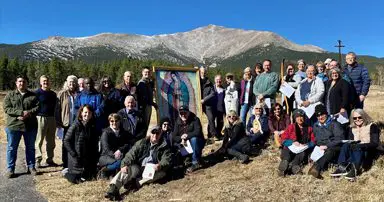




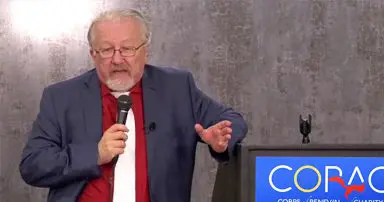












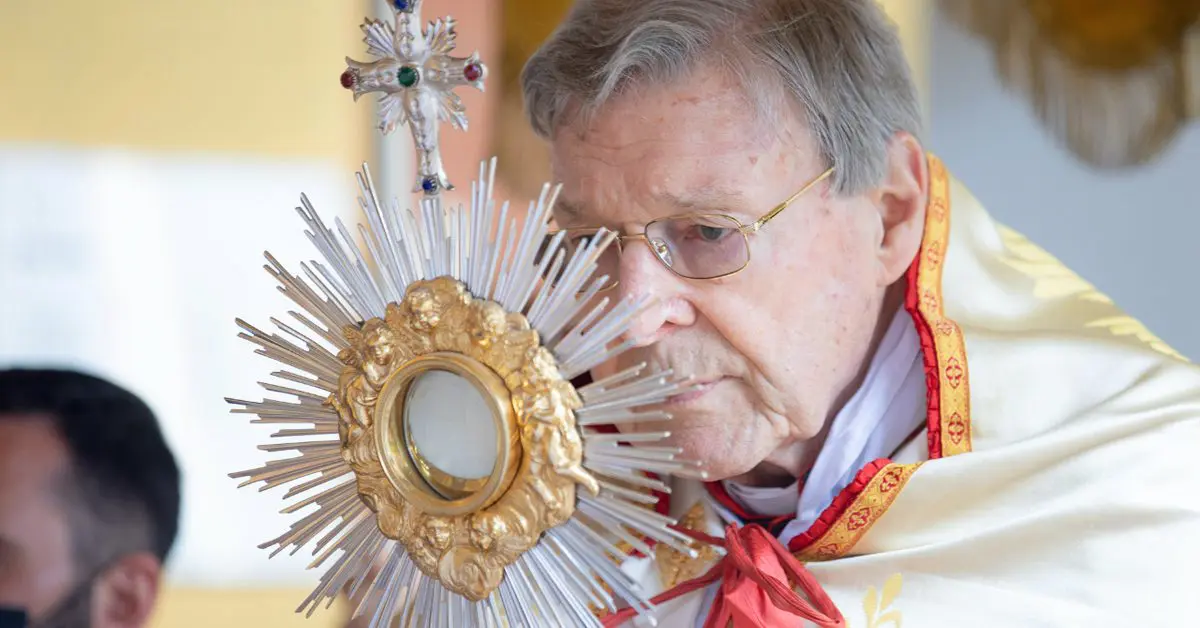


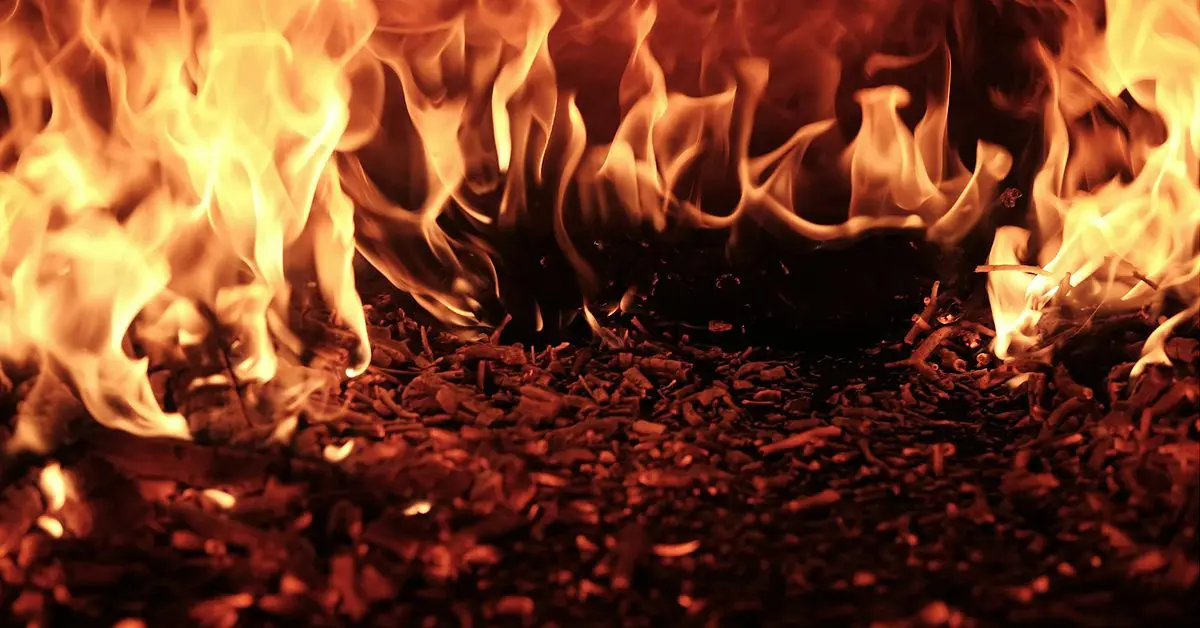

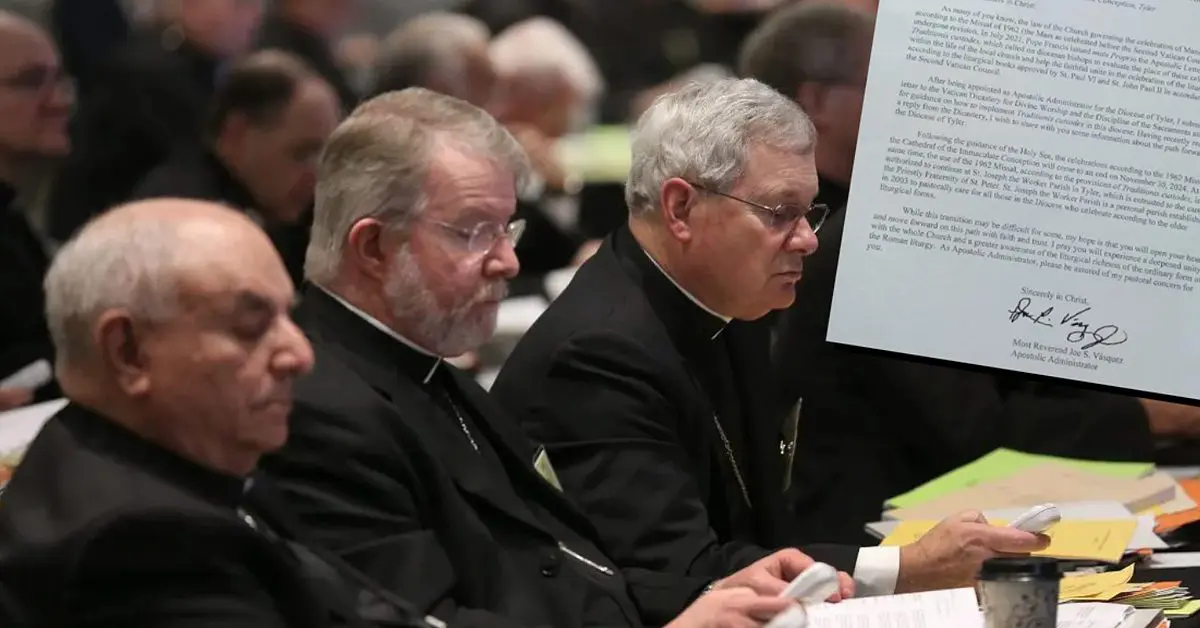




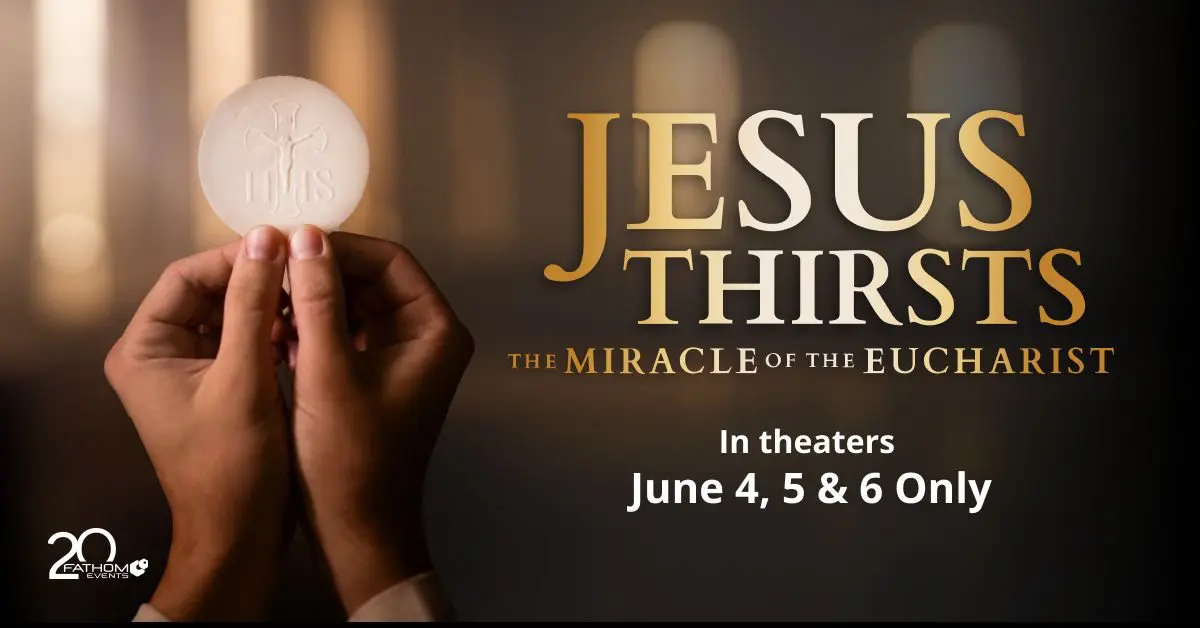


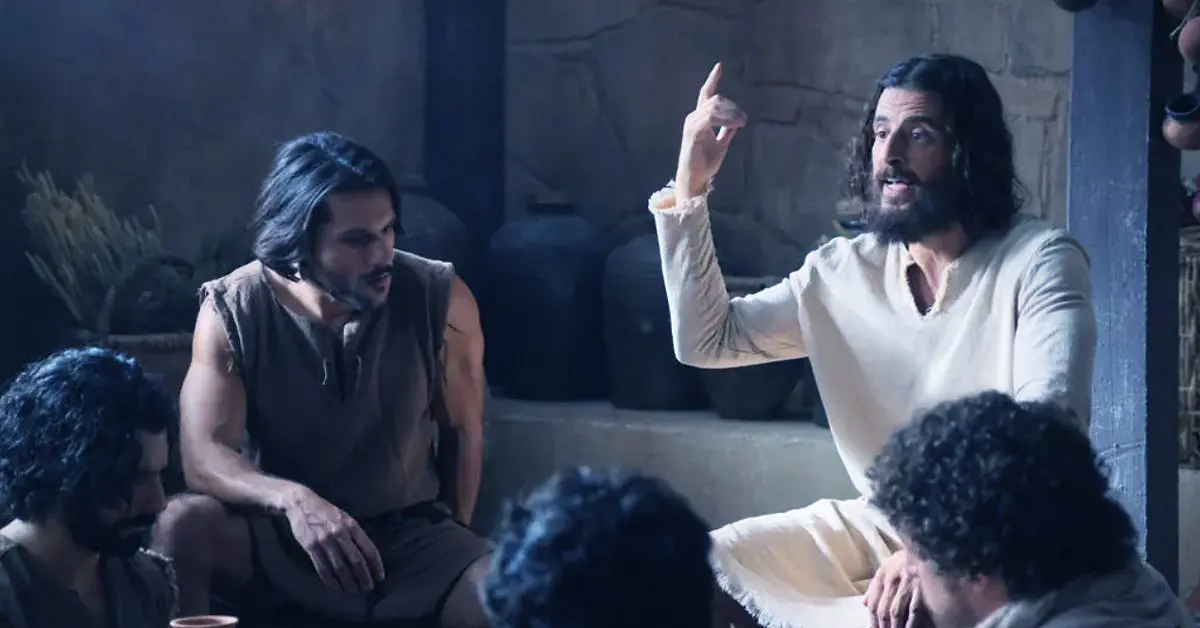



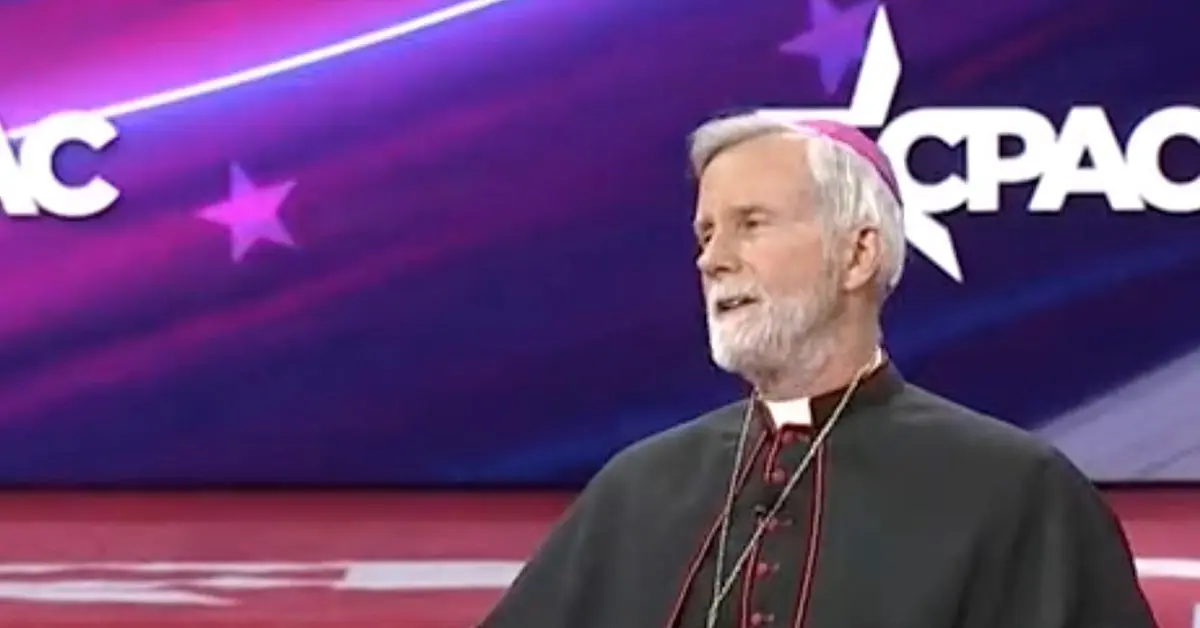

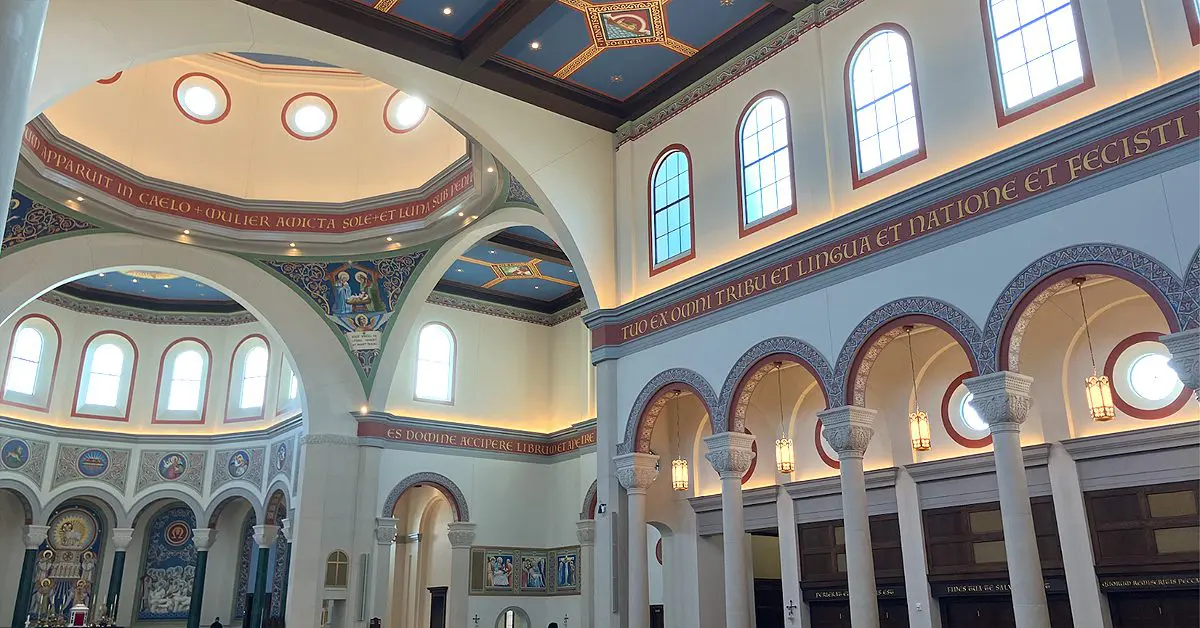
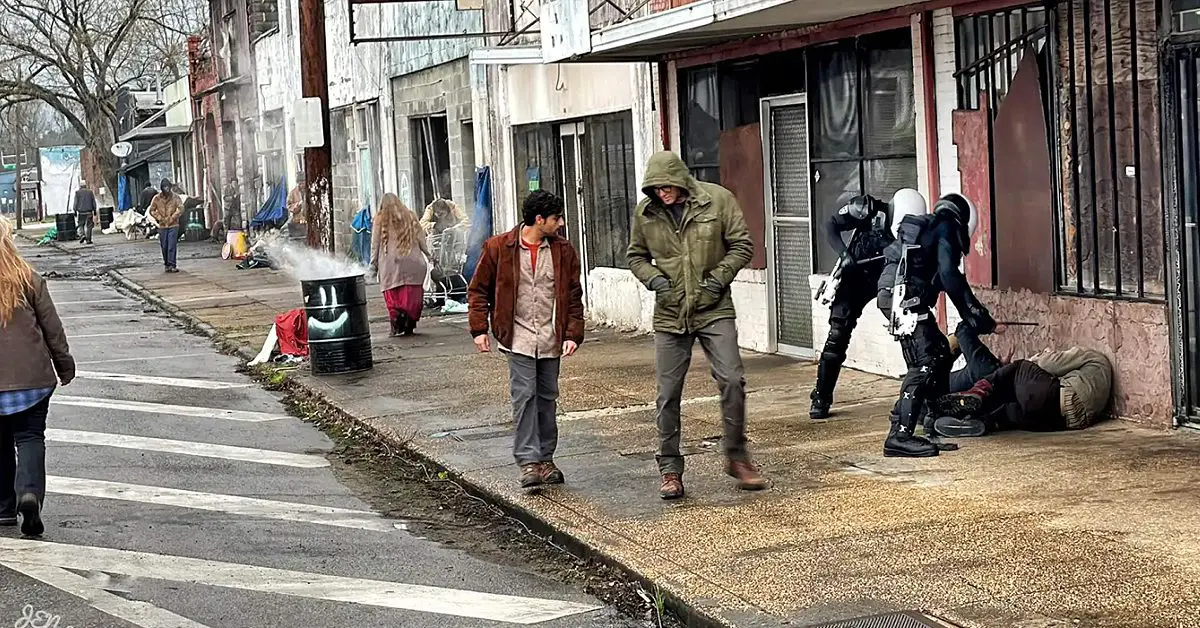


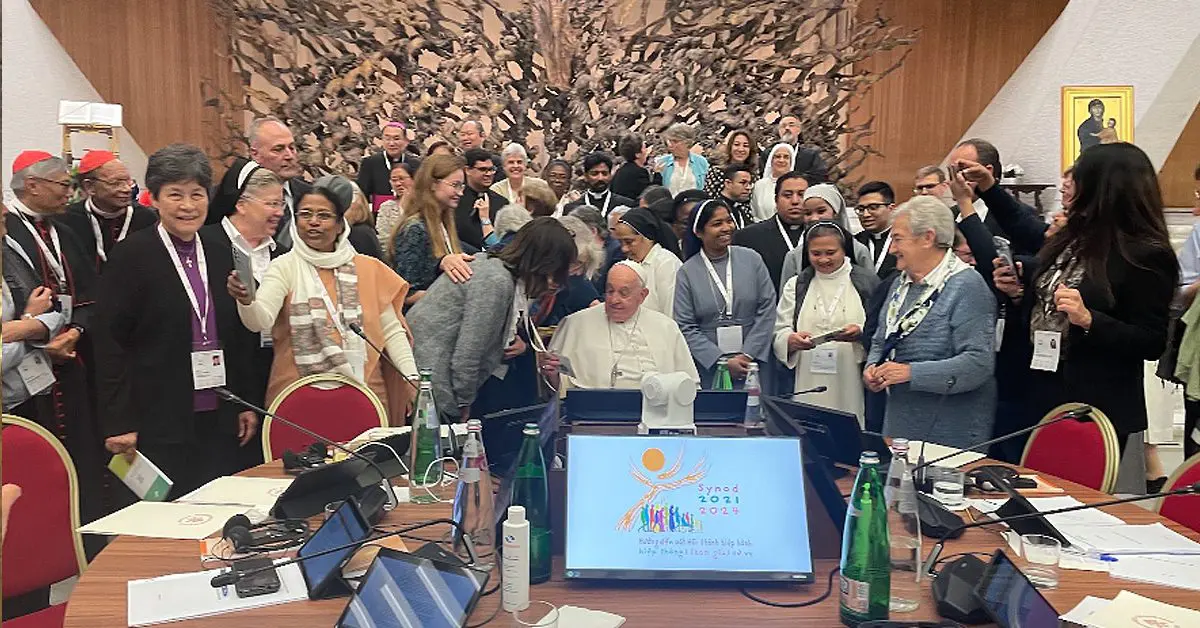
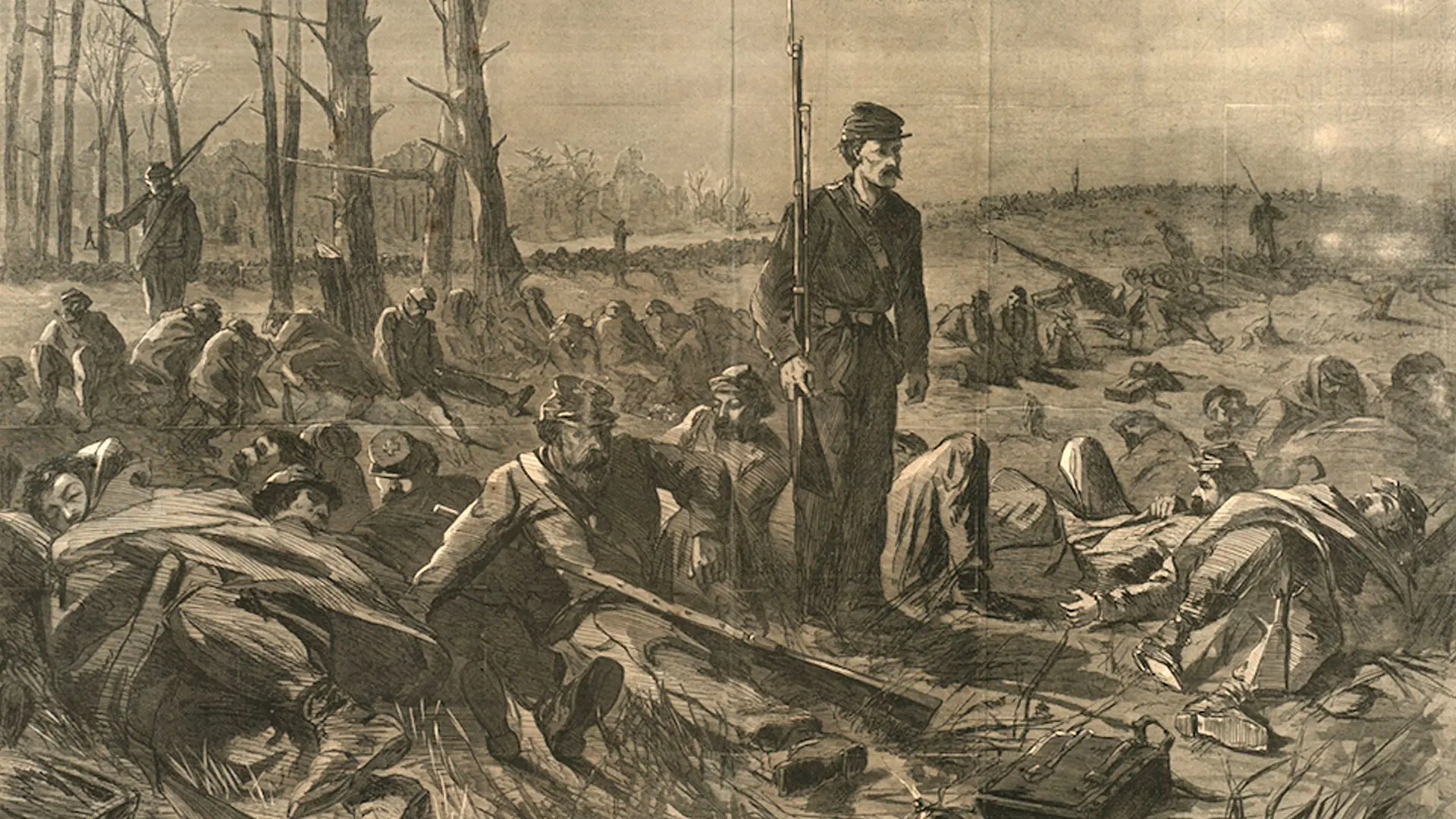
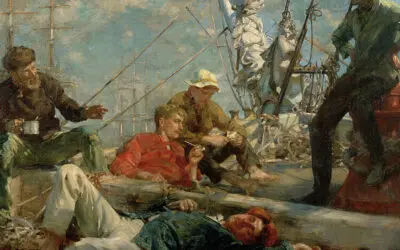


0 Comments